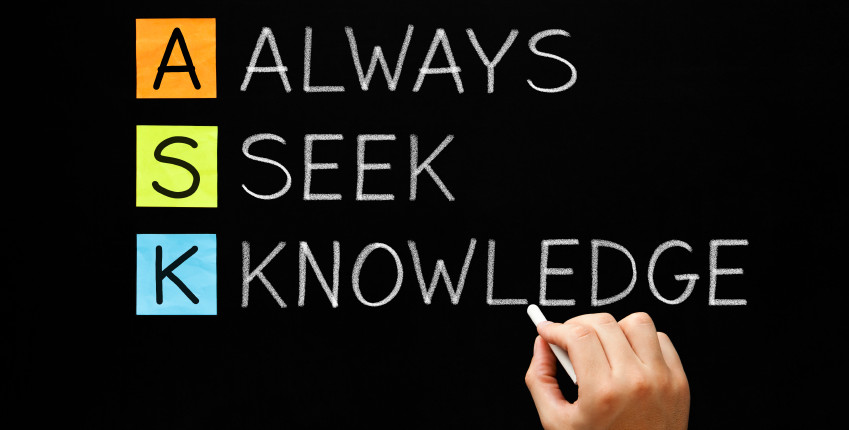This week’s book review is Louder Than Words by Todd Henry
Todd Henry steps the reader through the process of, and importance of, discovering what makes each of us unique. He calls this uniqueness the “authentic voice.” Each of us needs to devote ourselves to impacting the world with the uniqueness that only we possess.
My takeaway from this book is that we need to find a “Sherpa” mentor. A Sherpa mentor is one that doesn’t just provide passive advice but is fully vested in the path to your success. If you succeed, they succeed and, if you fail, they fail . . . just like a Sherpa and a climber.
Also, Henry provided an effective template for getting feedback on your performance and to help you define your uniqueness. I have summarized this process below:





